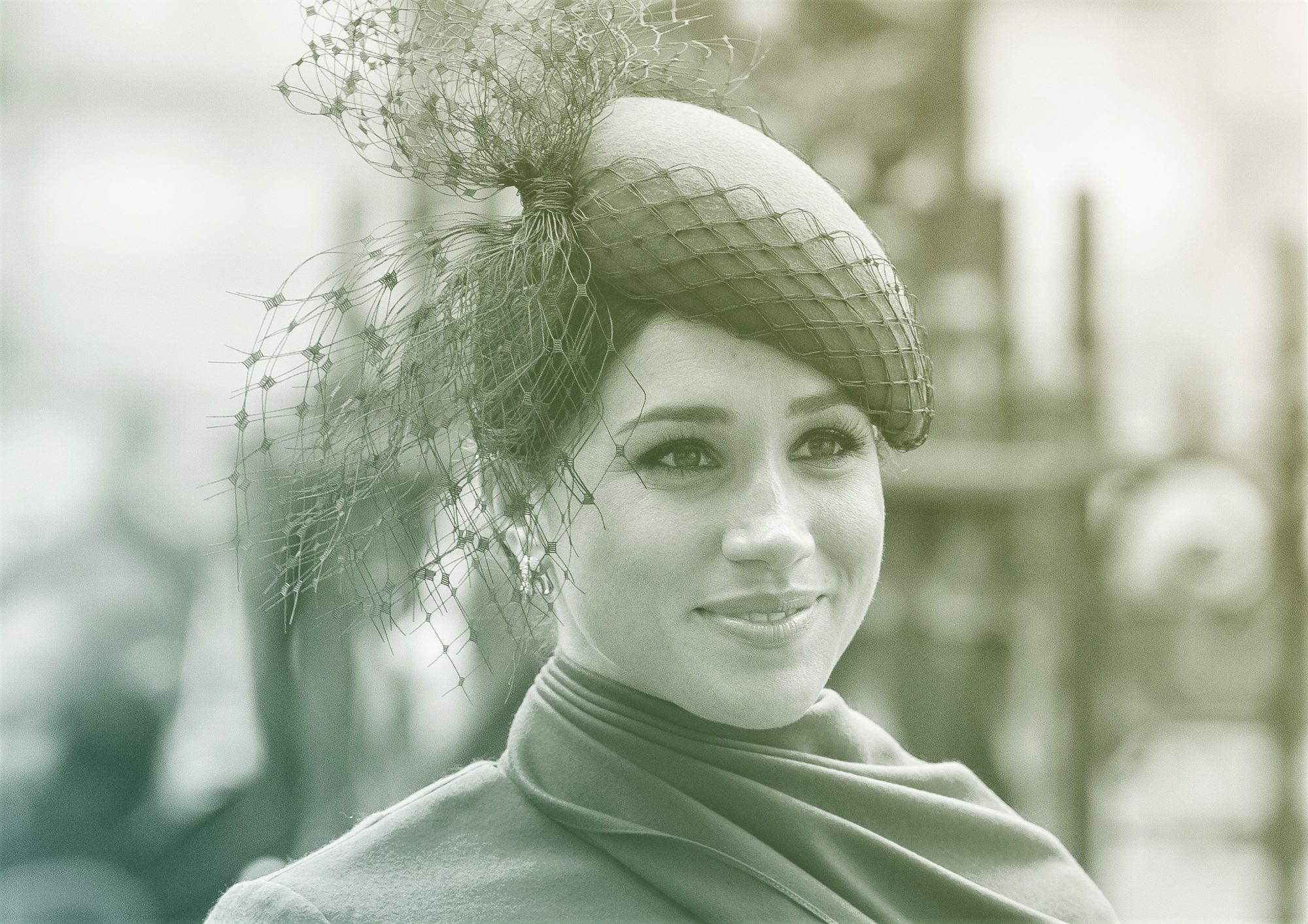
When I woke up on Wednesday morning to Meghan Markle’s New York Times op-ed "The Losses We Share" in which she details a miscarriage she experienced in July, I couldn’t help but wonder: What if that had happened to me? With a daughter one month younger than Markle’s son Archie and another on the way, my heart sank for her.
I have never had a miscarriage, but some 10 to 20 percent of women have—and that number is likely higher than printed statistics suggest.
Even if you don’t fall into that stat, you’ve—at one point or another—likely felt taken ahold by it. Without it ever happening, miscarriage is a very real fear that resonates deeply with mothers-to-be.
It’s also, still in 2020, unfortunately, shrouded in silence. Look no further than the cultural tradition of delaying the announcement of a pregnancy until 12 weeks, a time when miscarriage risk drops, for proof. Before pregnancy begins, the message comes across loud and clear: Best to not share your news until you know it’ll be good news.
Of course, we’ve rounded a corner: There’s an increased exposure of "real" motherhood, more open communication surrounding common issues such as perinatal mood and anxiety disorders, and Instagram campaigns such as #IHadaMiscarriage, which has close to 60,000 posts. And as I searched, I found support and praise for Markle’s words and messages of solidarity from maternal health advocacy groups in the field and celebrities including Chrissy Teigen, who recently suffered her own second-trimester pregnancy loss.
But I also found an all-too-familiar, antiquated response: harsh blowback, insults, mean tweets, personal opinions: Miscarriage should be a private experience, the objections stated.
As Markle notes in her essay, like many aspects of matrescence—the process of becoming a mother—miscarriage remains taboo. Even now.
But why?
As a maternal health writer and the founder of Dear Sunday, an online platform that helps women through the hard parts of becoming a mother, I often ponder why the harder parts of the reproductive journey still remain hidden, or worse, stigmatized.
In part, I believe it’s because society still glamorizes motherhood.
Gender reveals. Baby showers. Blissful new parents. Baby photo shoots. These are the pictures we want to see.
There’s often no room for the rest. (Just last year, a FridaMom commercial detailing the early and raw postpartum healing was banned from the air.) And if you have a miscarriage on a Friday? You’re often expected to be back at work on Monday as if you had stubbed your toe.
As Markle pointedly recounts, people rarely ask, “Are you okay?”
Yes, even now.
“Even in modern-day society, where we more openly discuss psychological hardships, talking about the complex, darker aspects of our lives is still challenging and potentially uncomfortable,” says Jessica Zucker, Ph.D., a psychologist, and creator of the #IHadaMiscarriage campaign. "Feeling ashamed of trauma and hiding grief is deep-rooted in our culture.”
In essence, we don’t know what to say—and “are you okay?” doesn’t always roll off the tongue so easy.
An expert I interviewed recently for a story also reminded me that society is wildly uncomfortable with death. And death as it relates to a baby—which, by its very nature, usually brings with it so much life? That simply clashes too much with an otherwise idealistic view of pregnancy.
“With the advent of social media, while virtual support is even more readily accessible than ever, it's also easier than ever to criticize from behind a screen—resulting in the shaming of those who share becoming even more commonplace,” says Dr. Zucker.
The truth of the matter, though, is this: Motherhood comes with gains and it also comes with losses—profound ones of identity, of time, of freedom, of life as you knew it, and sometimes of the very life you’re creating.
And if we choose to relish in joys then we must create the space for women to share all parts of the motherhood journey, not just the cherry-picked parts, without shame and without judgment.
Continuing to criticize those who share losses simply furthers people’s suffering. After all, while research has linked pregnancy loss with clinical levels of anxiety and depression, self-blame (a 2015 national survey found that 41 percent of people who miscarry feel like they did something to cause the loss), and—for one in six women—post-traumatic stress, buffering these psychological consequences starts with social support.
Yet, when I posted a poll to my company’s Instagram this past weekend—“If you’ve ever experienced a miscarriage, do you feel as though you got the support you needed?”—72 percent of respondents said no.
That’s not because the resources aren’t out there. They are. There are psychologists like Dr. Zucker. There are means to connect with perinatal therapists by way of organizations such as Postpartum Support International. There are support groups. There is art. There are articles detailing exactly how to help a friend through a miscarriage and how to help yourself through one. I’ve written many of them. We have made progress.
It’s just that when we don’t allow women to grieve in the ways that they need to grieve, women can wind up feeling as though they’re not allowed to grieve at all. And then they might not find the resources they need.
So, even in 2020, we’re still not always effectively creating space for that question—“Are you okay?”—to come up.
If there’s one thing I’ve learned in working with many different women on their motherhood journeys it’s that everyone’s experience in becoming a mother is different.
The same can be said about miscarriage: Some women grieve silently. Some women entrust one loved one with the news of a loss. Some feel relief. Some truly don’t want to talk about it.
But others do. Others need a voice like Markle’s to say something simple and powerful: “I know what you’re going through. I’ve been there.”
I won’t pretend to know what miscarriage might feel like. But I have listened enough to know the transformative power of simply letting someone feel what they are feeling—and sitting with them in that space.
And in 2020, I think it’s time that everyone—personal opinions aside—has that right.





